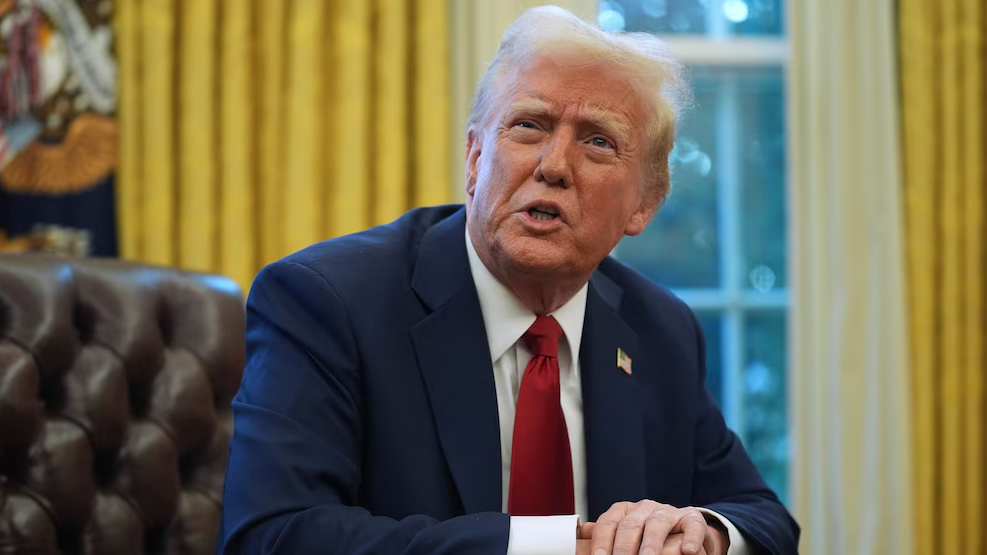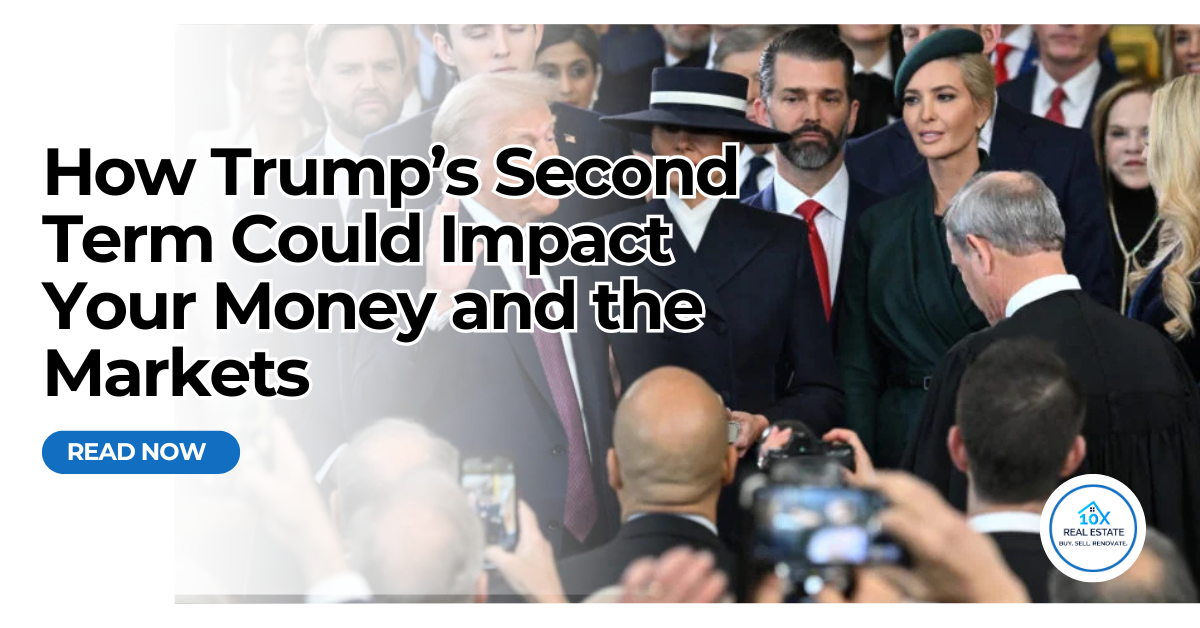President Donald Trump announced on Monday a 30-day pause on his planned tariffs against Mexico and Canada after both countries took steps to address his concerns about border security and drug trafficking. This temporary halt provides a much-needed cooling-off period after escalating tensions threatened to push North America into a full-blown trade war.
For investors, the uncertainty surrounding tariffs can be unsettling. Trade restrictions like tariffs have a direct impact on supply chains, manufacturing costs, and overall economic stability. But what do these tariffs really mean for you as an investor, and why do opinions on them vary so widely?
What Tariffs Could Mean for Investors
Tariffs are essentially taxes imposed on imported goods. When a country, like the U.S., implements tariffs on foreign products, it makes those goods more expensive. This can have several implications for investors:
- Stock Market Volatility: When tariffs are imposed, industries reliant on imported goods—such as automotive, technology, and manufacturing—face increased costs. This can lead to stock price fluctuations as companies adjust their strategies to remain profitable.
- Higher Consumer Prices: If businesses pass higher costs onto consumers, inflation could rise, impacting purchasing power and overall economic growth.
- Supply Chain Disruptions: Many U.S. companies rely on global supply chains, and tariffs can disrupt operations, leading to reduced efficiency and potential revenue losses.
- Opportunities in Domestic Markets: Some domestic companies may benefit as demand shifts from imported goods to locally produced alternatives, offering potential investment opportunities in domestic manufacturing and agriculture.
Why Some Support Tariffs
Supporters of tariffs argue that they help protect domestic industries and create jobs. They believe tariffs encourage companies to manufacture products within the U.S., strengthening the economy and reducing reliance on foreign markets. Proponents also argue that tariffs give the U.S. leverage in trade negotiations, pressuring other countries to adopt fairer trade practices.
Why Others Oppose Tariffs
Critics, however, warn that tariffs can backfire by increasing costs for businesses and consumers. If tariffs lead to retaliatory measures from other countries, American exporters may face similar restrictions, making it harder to sell goods abroad. Additionally, investors worry that prolonged trade disputes can slow economic growth and create market instability.
Final Thoughts
While Trump’s temporary pause provides relief from immediate economic strain, the uncertainty surrounding tariffs remains a concern for investors. Whether tariffs ultimately benefit or harm the economy depends on their execution, duration, and how trading partners respond. For investors, staying informed and diversifying portfolios to hedge against trade-related risks is key. In an ever-changing global economy, adaptability remains one of the best investment strategies.


